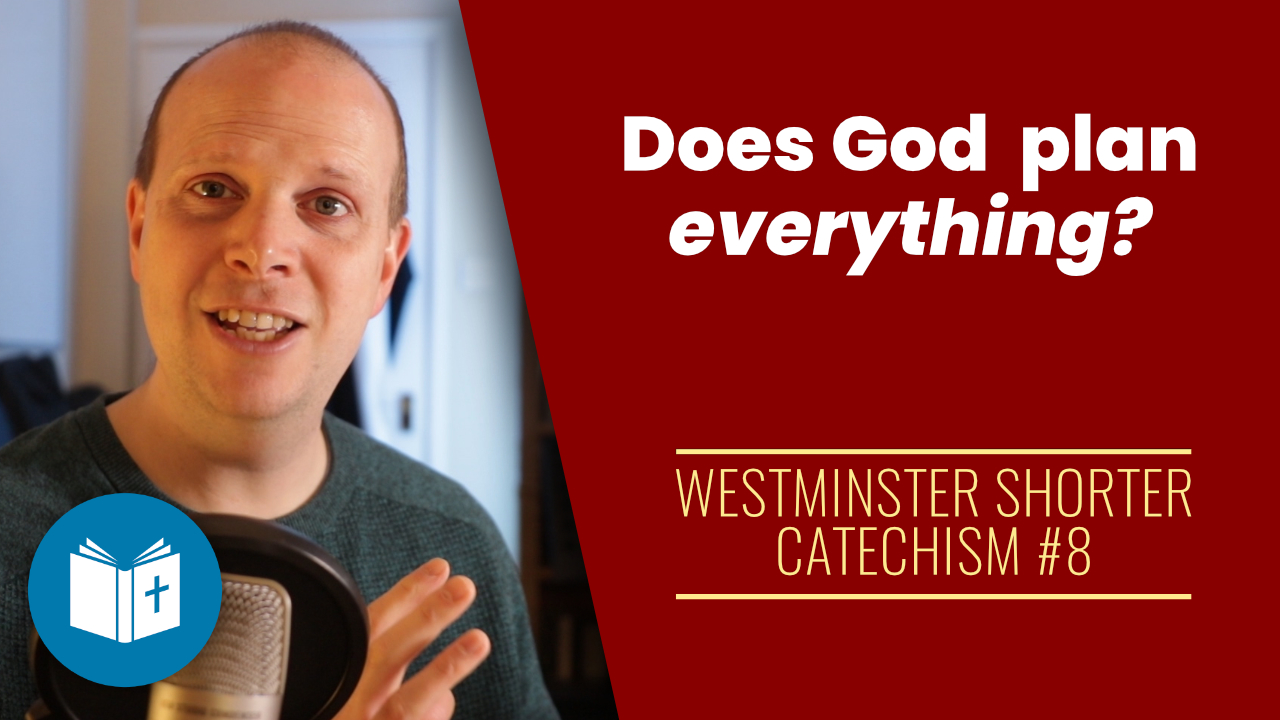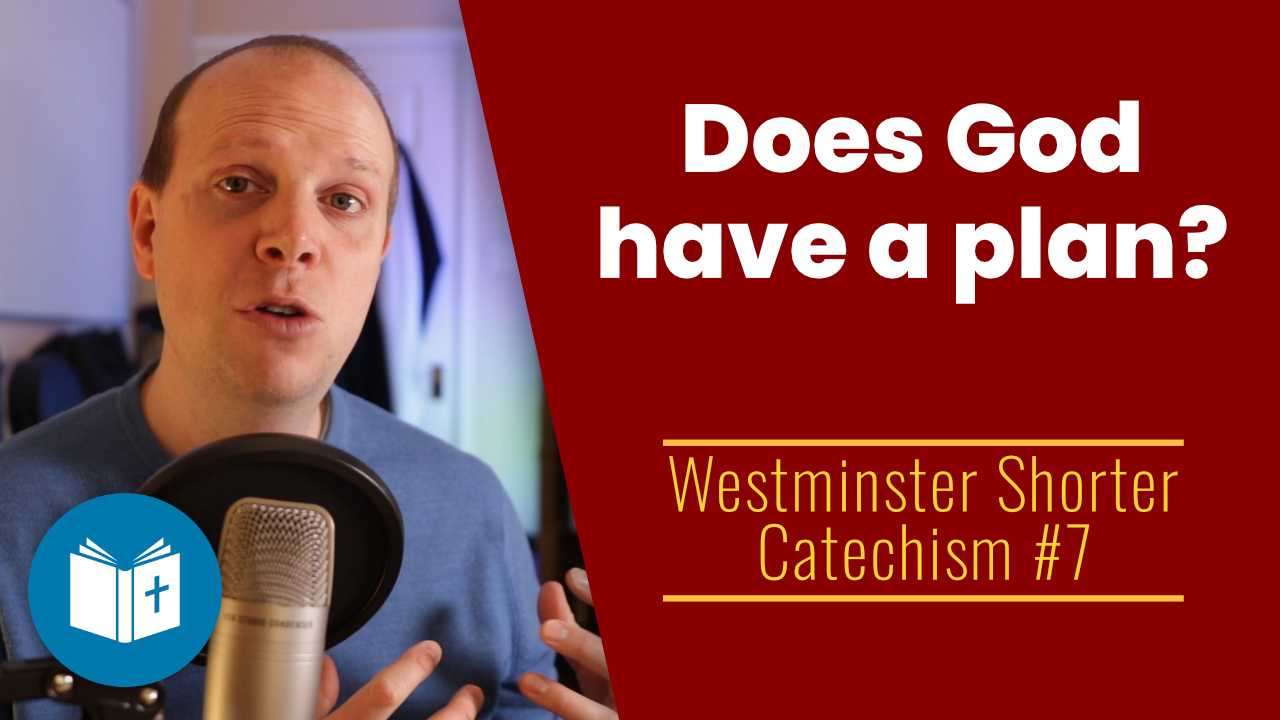One of the problems we face in life is having the strength to do the right thing, even if we are under pressure to do the wrong thing. We often find it difficult to do the right thing when we are not under pressure – but it’s even harder when the pressure is increased.
We can face pressure from many different quarters: we usually talk about peer pressure in relation to children and teenagers, but adults are equally vulnerable to it. If all our friends are going along with something, it can be very difficult to stand out from the crowd.
We can face pressure from work, for example if a superior asks us to cover something up by lying. This is even more difficult to face up to – how many people would be strong enough to resist the pressure, even if it meant losing their job?
In our church children’s holiday club this year, we looked at the story of Daniel. Daniel is a book which many people will be familiar with from Sunday school: the stories are vivid and engaging! And yet they also teach us some very important lessons.
One of the stories centres on Daniel’s three friends – Shadrach, Meshach, and Abednego. King Nebuchadnezzar had set up a 90-foot high golden image, and commanded everyone to bow down and worship the image. He also threatened that anyone who did not bow down and worship would be thrown into a fiery furnace.
Daniel’s three friends knew that this was wrong – they knew that it went against the Ten Commandments: God said that we should worship him alone, and not bow down to an idol.
How do you think you would have responded in this situation? Do you think you would have had the strength to resist the might of an angry king and the punishment of the fiery furnace? I imagine that most of us would have caved in and bowed down. What could possibly give anyone the strength to stand up for what was right in such circumstances?
Let’s look Daniel 3:16-18 to see how the friends answered the king:
Shadrach, Meshach and Abednego replied to him, “King Nebuchadnezzar, we do not need to defend ourselves before you in this matter. 17 If we are thrown into the blazing furnace, the God we serve is able to deliver us from it, and he will deliver us from Your Majesty’s hand. 18 But even if he does not, we want you to know, Your Majesty, that we will not serve your gods or worship the image of gold you have set up.”
The three friends firstly say to the king ‘we do not need to defend ourselves before you’. What the king had asked them to do what manifestly wrong, and they did not need to justify their refusal to do it.
They then say that God is able to deliver them from the furnace. They know that the God they serve, the God who gave the commandments in the first place, is powerful and able to save. They know that there is a higher authority than the king.
But note that they do not presume that God will save: they say “even if he does not” – even if they may perish in the furnace, they will not bow down. They commit themselves to doing what is right, whatever the cost, trusting that God will see and honour their obedience.
I think the lesson of these three friends is an important one for us to learn. Shadrach, Meshach, and Abednego knew that there was a higher authority than any earthly king. They knew that they could not go against the will of the God who made everything. They had faith that God would reward them for doing what was right, and they entrusted themselves to him.
This helps us today when we are facing pressure to do the wrong thing: we should remember that we are almost certainly not facing pressure like Daniel’s friends faced! We should remember that it is more important to do what is right according to the God who made the universe. We should trust that God sees and rewards our trust in him. And we should commit ourselves to pleasing him and doing what is right and good.
In this way, we can have strength – like Daniel’s friends – to stand up for what is good and right, however much pressure we face.
This was originally written in July 2022 as a ‘Thought for the Week’ for a local audio newspaper.










